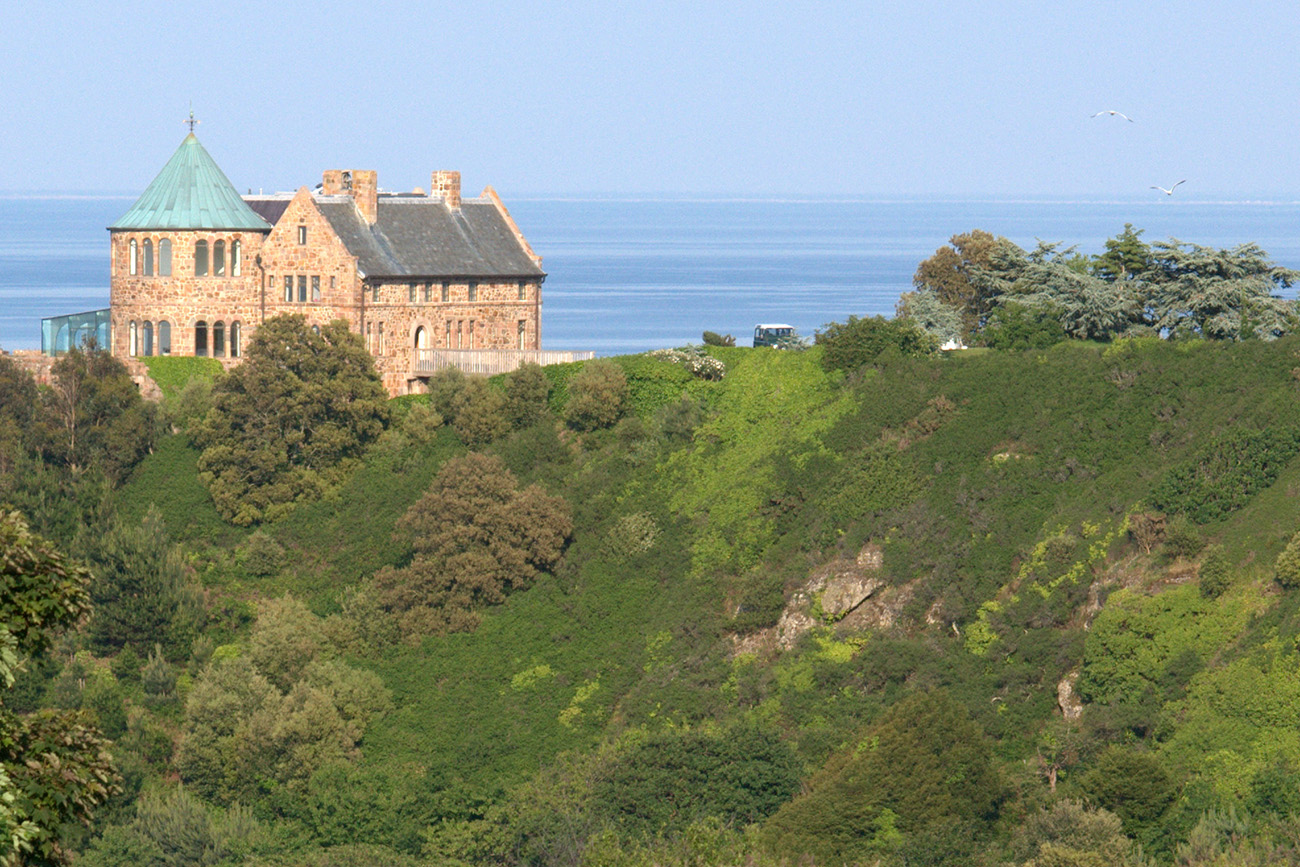
Napoleon’s brief exile in Alderney – stands as a pivotal chapter in the tumultuous life of one of history’s most iconic figures. Following his defeat and surrender, Napoleon found himself confined to the remote and windswept island of Alderney, a location chosen by his captors for its isolated and secure nature.
After his defeat at the Battle of Waterloo in 1815, Napoleon Bonaparte found himself in a bit of a pickle. Instead of a victorious march, he took a detour towards surrender. Alderney was chosen as a place of exile due to its remote location and difficulty of escape.
Napoleon’s journey to Alderney was not exactly a luxury cruise. It involved a bumpy ride across the channel, and at the time, Alderney was not only a strategic location but also a point of interest for Napoleon’s supporters who were eager to see him restored to power.
The arrival of Napoleon sparked a mix of curiosity and apprehension among the community. There were whispers of clandestine plans and rumours of potential revolts against the British government, influenced by Napoleon’s enduring charisma and the loyalty of his followers. The presence of French sympathizers in the Channel Islands further fuelled these speculations 😉
Though concrete evidence of Napoleon directly planning an escape from Alderney remains elusive, the island’s proximity and its role as a base for Royal Navy operations suggest that an escape was at least a topic of consideration. Any serious attempt would have had to contend with the vigilant eyes of the British forces, who were keenly aware of Napoleon’s influence and the possibility of an uprising.
Napoleon was held at Longy Bay, where he lived in a small house called the “Napoleon Cottage.” Cozy, yet a far cry from the opulence he was used to.
Despite his confinement, Napoleon was allowed some freedoms, such as walks along the coast and correspondence with his family and trusted advisors. To pass the time, also Napoleon engaged in recreational activities like chess, reading, and maybe a bit of gardening. Who knew the former emperor had a green thumb?
The British authorities kept a close eye on Napoleon during his exile, probably worried he might pull a disappearing act. However, his exile on Alderney Island marked the end of his reign as Emperor of France and the beginning of his final years in isolation.
Ultimately, while the idea of Napoleon escaping from Alderney captures the imagination 😊, it remains largely speculative. What is clear is how deeply the legacy of Napoleon has permeated history, sparking intrigue and fascination around his life, decisions, and the ever-present possibility of his return to power.
Returning to France, Napoleon faced the challenge of reintegrating into a society that had moved on in his absence. His legacy from Alderney followed him, shaping his interactions and perceptions as he navigated the complexities of post-exile life.
The brief exile to Alderney may not have lasted long, but its historical impact was significant. It showcased the shifting dynamics of European power and the complexities of political exile. From stories passed down through generations to landmarks that bear witness to his stay, Napoleon’s time on the island has left a lasting cultural imprint.
Would you like to learn more about Alderney? Then don’t miss our latest article: What to do on a rainy day in Alderney






